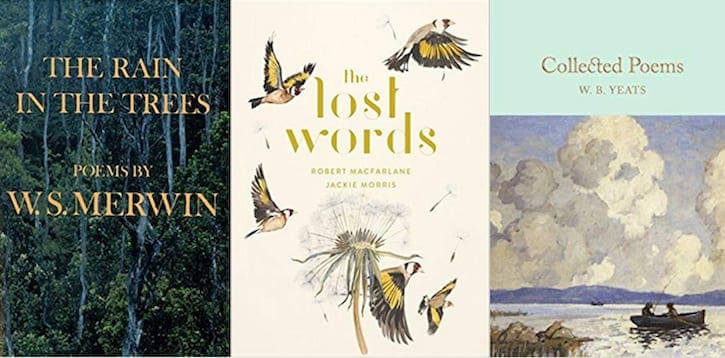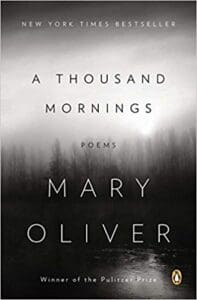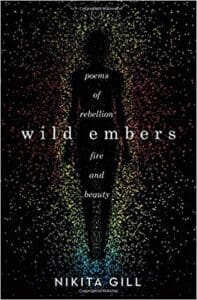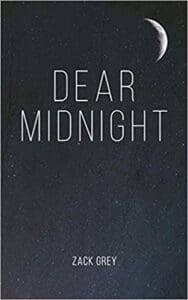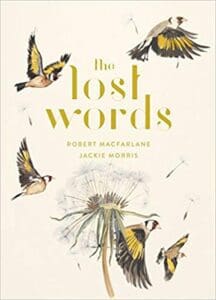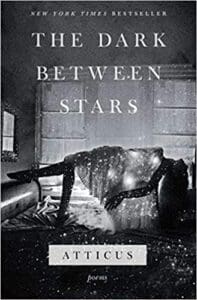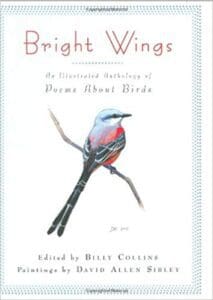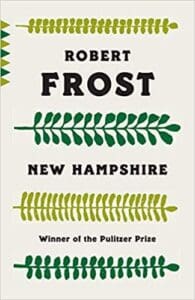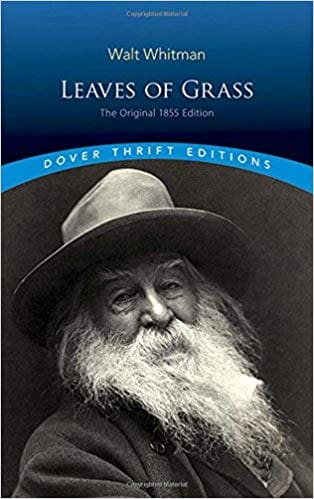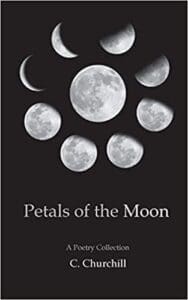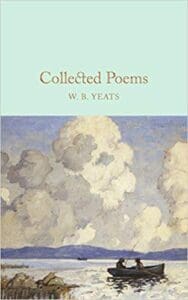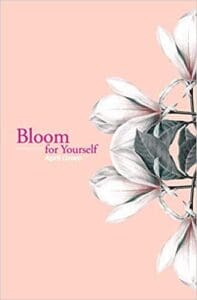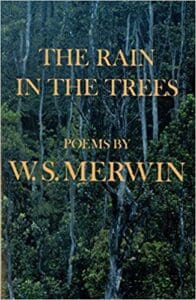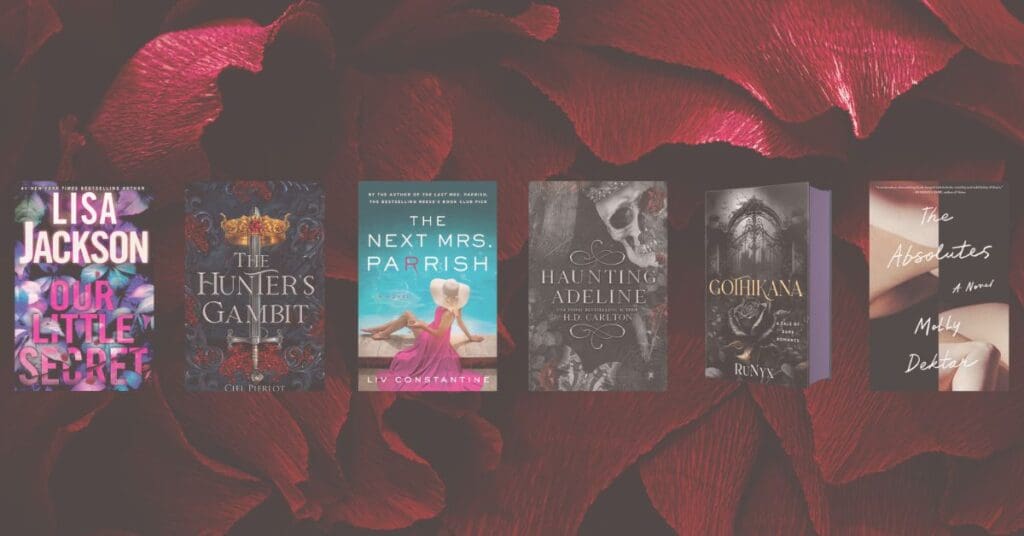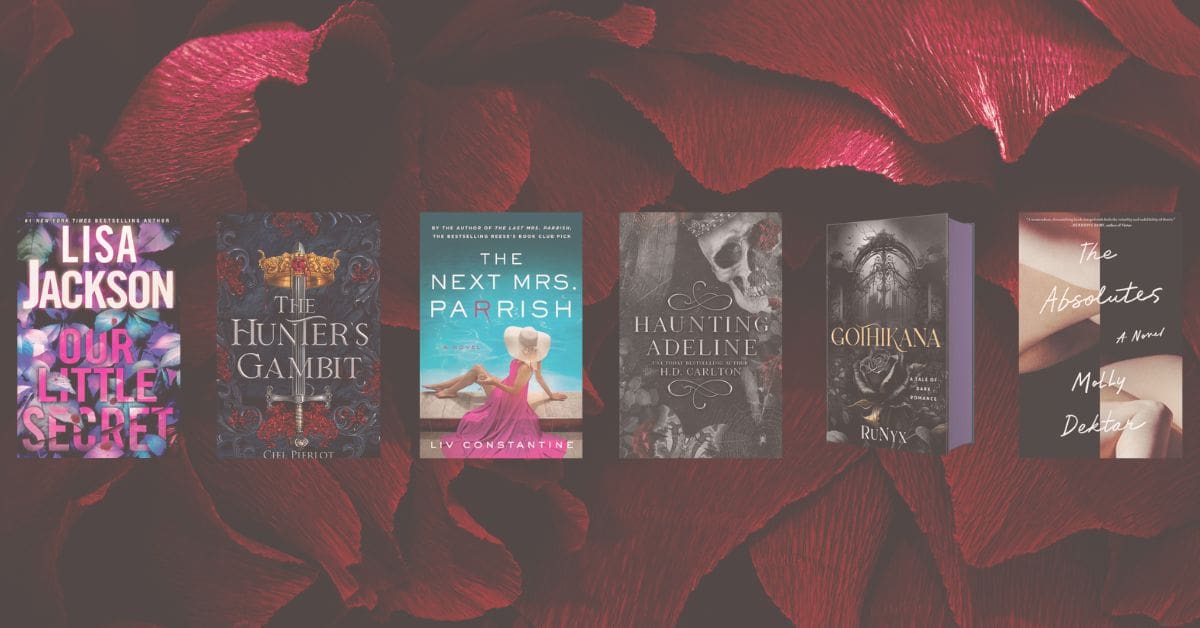Grab your favorite poetry collection and settle down into your favorite spot outside. Today is all about reading and reconnecting with the earth.
A Thousand Mornings by Mary Oliver
Description: In A Thousand Mornings, Mary Oliver returns to the imagery that has come to define her life’s work, transporting us to the marshland and coastline of her beloved home, Provincetown, Massachusetts. Whether studying the leaves of a tree or mourning her treasured dog Percy, Oliver is open to the teachings contained in the smallest of moments and explores with startling clarity, humor, and kindness the mysteries of our daily experience.
Wild Embers by Nikita Gill
Description: In this magical poetry collection, Nikita Gill unflinchingly explores the fire in every woman and the emotions that lie deep in one’s soul. Featuring rewritten fairytale heroines, goddess wisdom, and verse that burns with magnificent beauty, this raw and powerful collection is an explosion of femininity, empowerment, and personal growth. In these words, readers will find the magnificent energy to spark resistance and revolution.
Dear Midnight by Zack Grey
Description: Dear Midnight is a poetic love letter to the darkest moments. A hello to the moon. A break from the idea that love can only be found in the daylight.
The Lost Words by Robert Macfarlane
Description: In 2007, when a new edition of the Oxford Junior Dictionary ― widely used in schools around the world ― was published, a sharp-eyed reader soon noticed that around forty common words concerning nature had been dropped. Apparently they were no longer being used enough by children to merit their place in the dictionary. The list of these “lost words” included acorn, adder, bluebell, dandelion, fern, heron, kingfisher, newt, otter, and willow. Among the words taking their place were attachment, blog, broadband, bullet-point, cut-and-paste, and voice-mail. The news of these substitutions ― the outdoor and natural being displaced by the indoor and virtual ― became seen by many as a powerful sign of the growing gulf between childhood and the natural world.
Ten years later, Robert Macfarlane and Jackie Morris set out to make a “spell book” that will conjure back twenty of these lost words, and the beings they name, from acorn to wren. By the magic of word and paint, they sought to summon these words again into the voices, stories, and dreams of children and adults alike, and to celebrate the wonder and importance of everyday nature. The Lost Words is that book ― a work that has already cast its extraordinary spell on hundreds of thousands of people and begun a grass-roots movement to re-wild childhood across Britain, Europe, and North America.
The Dark Between Stars by Atticus
Description: Atticus, has captured the hearts and minds of nearly 700k followers (including stars like Karlie Kloss, Emma Roberts, and Alicia Keys). In his second collection of poetry, The Dark Between Stars, he turns his attention to the dualities of our lived experiences—the inescapable connections between our highest highs and lowest lows. He captures the infectious energy of starting a relationship, the tumultuous realities of commitment, and the agonizing nostalgia of being alone again. While grappling with the question of how to live with purpose and find meaning in the journey, these poems offer both honest explorations of loneliness and our search for connection, as well as light-hearted, humorous observations. As Atticus writes poignantly about dancing, Paris, jazz clubs, sunsets, sharing a bottle of wine on the river, rainy days, creating, and destroying, he illustrates that we need moments of both beauty and pain—the darkness and the stars—to fully appreciate all that life and love have to offer.
Bright Wings by Billy Collins
Description: In this beautiful collection of poems and paintings, Billy Collins, former U.S. poet laureate, joins with David Allen Sibley, America’s foremost bird illustrator, to celebrate the winged creatures that have inspired so many poets to sing for centuries. From Catullus and Chaucer to Robert Browning and James Wright, poets have long treated birds as powerful metaphors for beauty, escape, transcendence, and divine expression.
New Hampshire by Robert Frost
Description: Robert Frost won the first of his four Pulitzer Prizes with this collection, published in 1923. It contains some of his most enduring and best-known poems, including “Nothing Gold Can Stay,” “Fire and Ice,” “The Need of Being Versed in Country Things,” and “Stopping by Woods on a Snowy Evening.” Included in this edition are the original woodcut illustrations of rural scenes, done in the Arts and Crafts style by J. J. Lankes.
Leaves of Grass by Walt Whitman
Description: In 1855, Walt Whitman published — at his own expense — the first edition of Leaves of Grass, a visionary volume of twelve poems. Showing the influence of a uniquely American form of mysticism known as Transcendentalism, which eschewed the general society and culture of the time, the writing is distinguished by an explosively innovative free verse style and previously unmentionable subject matter. Exalting nature, celebrating the human body, and praising the senses and sexual love, the monumental work was condemned as “immoral.” Whitman continued evolving Leaves of Grass despite the controversy, growing his influential work decades after its first appearance by adding new poems with each new printing.
Petals of the Moon by C. Churchill
Description: Petals of the Moon is a collection of poems that take the reader through the journey of night. Many nights we toss and turn for several different reasons. Petals of the Moon explores the emotions of darkness. Longing, anxiety and escape are just some of the things we experience when the lights go out. As lonely as nights can become, just know you are not alone. Haiku and Nature poetry similar to the style of Mary Oliver and Rumi fill this collection. This poetry book is filled with raw emotion and the author has created a healing journey from start to finish.
Collected Poems by W.B. Yeats
Description: All are present in this volume, which reproduces the 1933 edition of W. B. Yeats’s Collected Poems and also contains an illuminating introduction by author and academic Dr Robert Mighall.
As well as being one of the major literary figures of the twentieth century and the recipient of the 1923 Nobel Prize for Literature, William Butler Yeats (1865-1939) is the greatest lyric poet that Ireland has produced. His early work includes the beguiling ‘When You are Old’, ‘The Cloths of Heaven’ and ‘The Lake Isle of Innisfree’ but, unusually for a poet, Yeats’s later works, including ‘Parnell’s Funeral’, surpass even those of his youth.
Bloom For Yourself by April Green
Description: April Green’s ‘Bloom for Yourself’ is a beautiful, tender book of poetic writing, woven into spiritual lessons on healing, growth, faith, and self-love. April’s approach to writing is visceral; giving readers layer upon layer of thought-provoking optimism and faith. Her words are shared by thousands of people all over the world, including Jenna Dewan Tatum, Shantel Vansanten and Cartia Mallan. ‘Bloom for Yourself’ is a book for anyone feeling lost, alone, depressed or unworthy. It is a book to be read many times over as you come to experience April’s extraordinary gift for helping you understand that you are never truly alone.
The Rain In the Trees by W.S. Merwin
Description: Almost no other poet of our time has been able to voice in so subtle a fashion such a profound series of comments on the passing of history over the contemporary scene. To do this, he seems to have reinvented the poem—so that the experience of reading Merwin is unlike the reading of any other poetry. In such famous books as The Lice, The Moving Target and (most recently) Opening the Hand, he has produced a body of work of great profundity and power made from the simplest and most beautiful poetic speech.
The poems in this new book are concerned with intimacy and wholeness, and are made of the relations with people, with places, past and present, and with history and how the world endures it.
Merwin can now rightfully be called a master, and this book shows in every way why this is the case.
